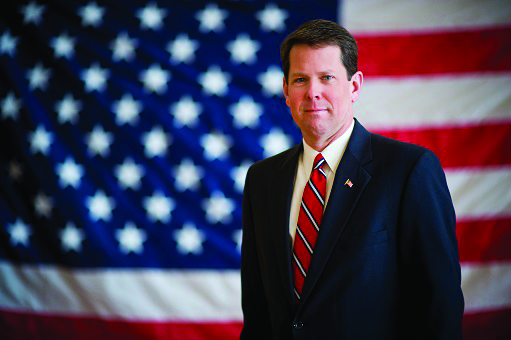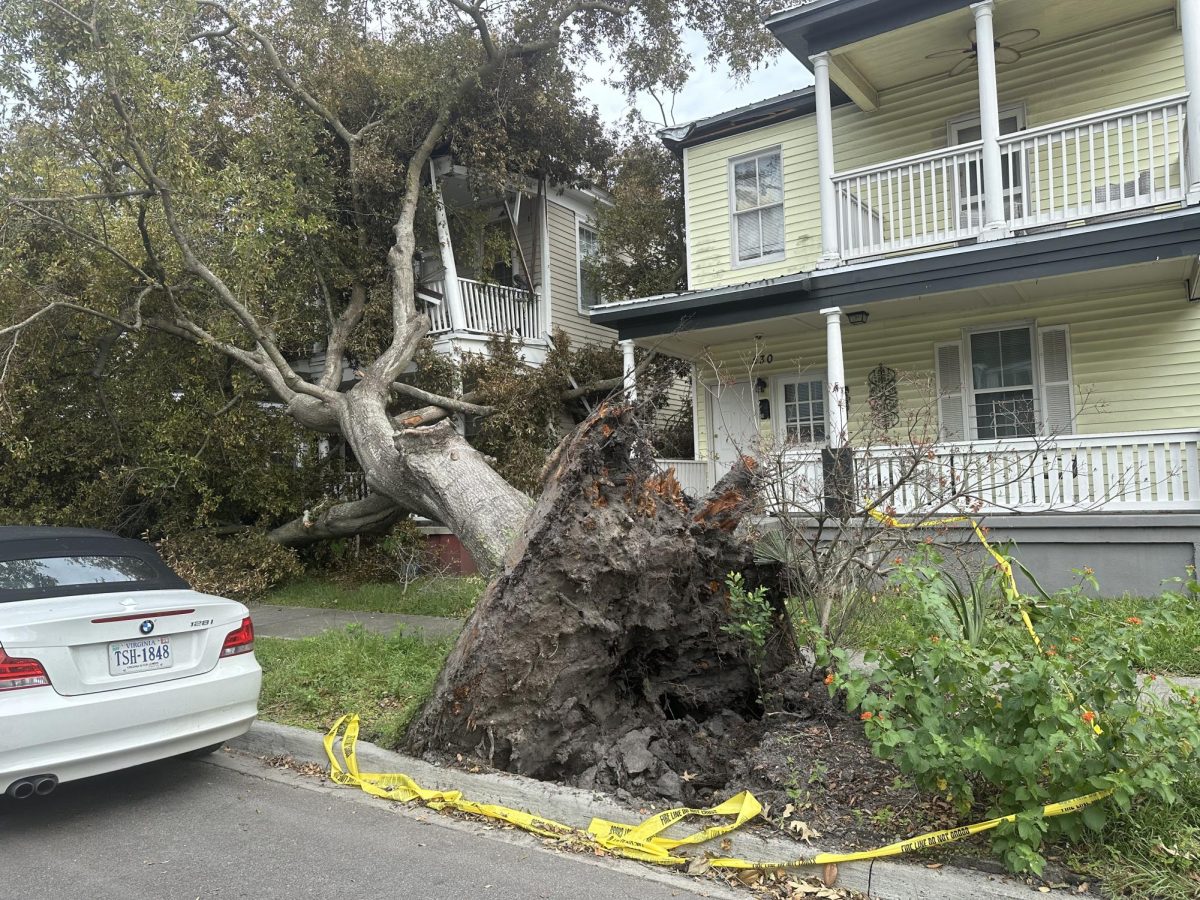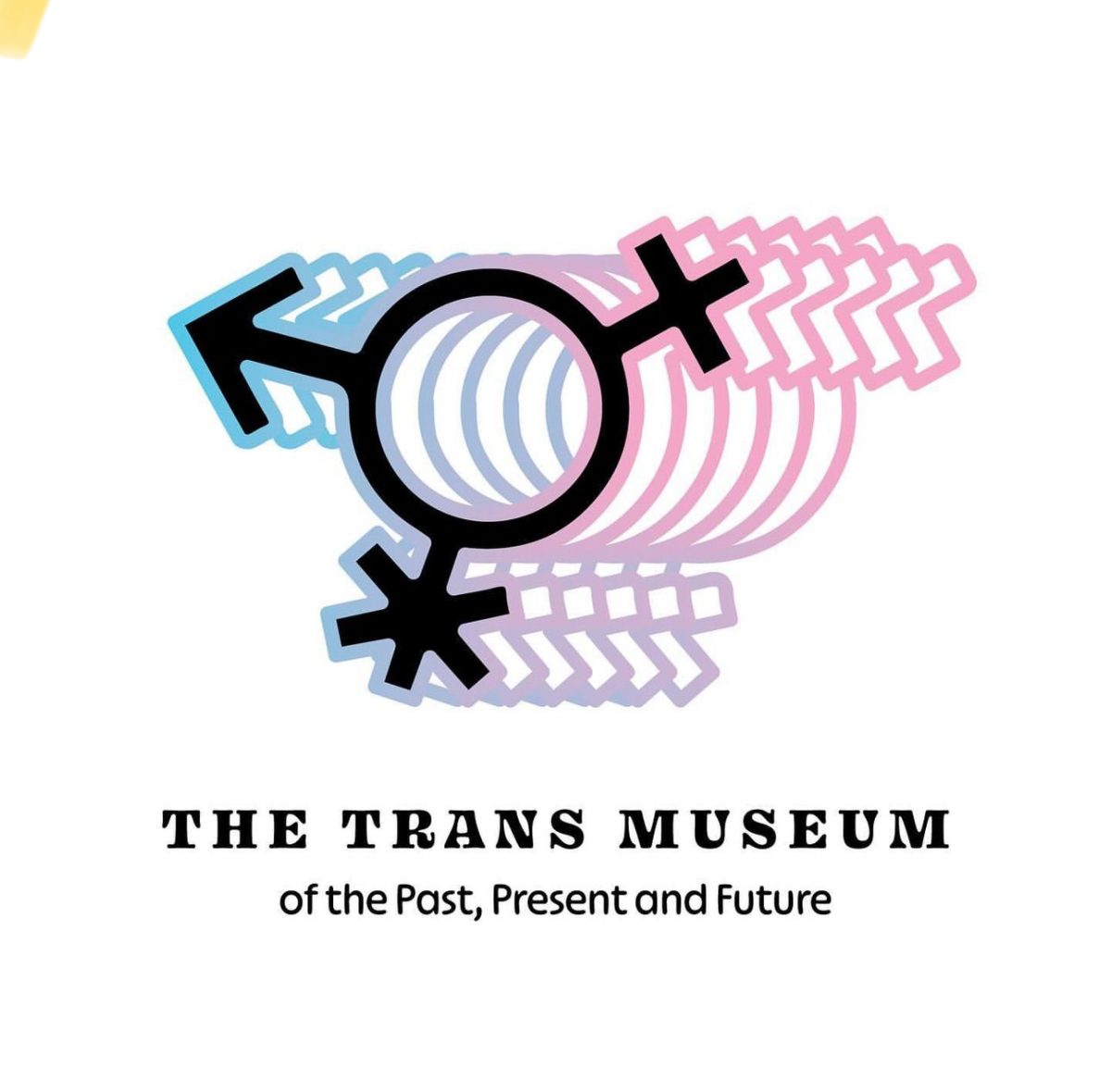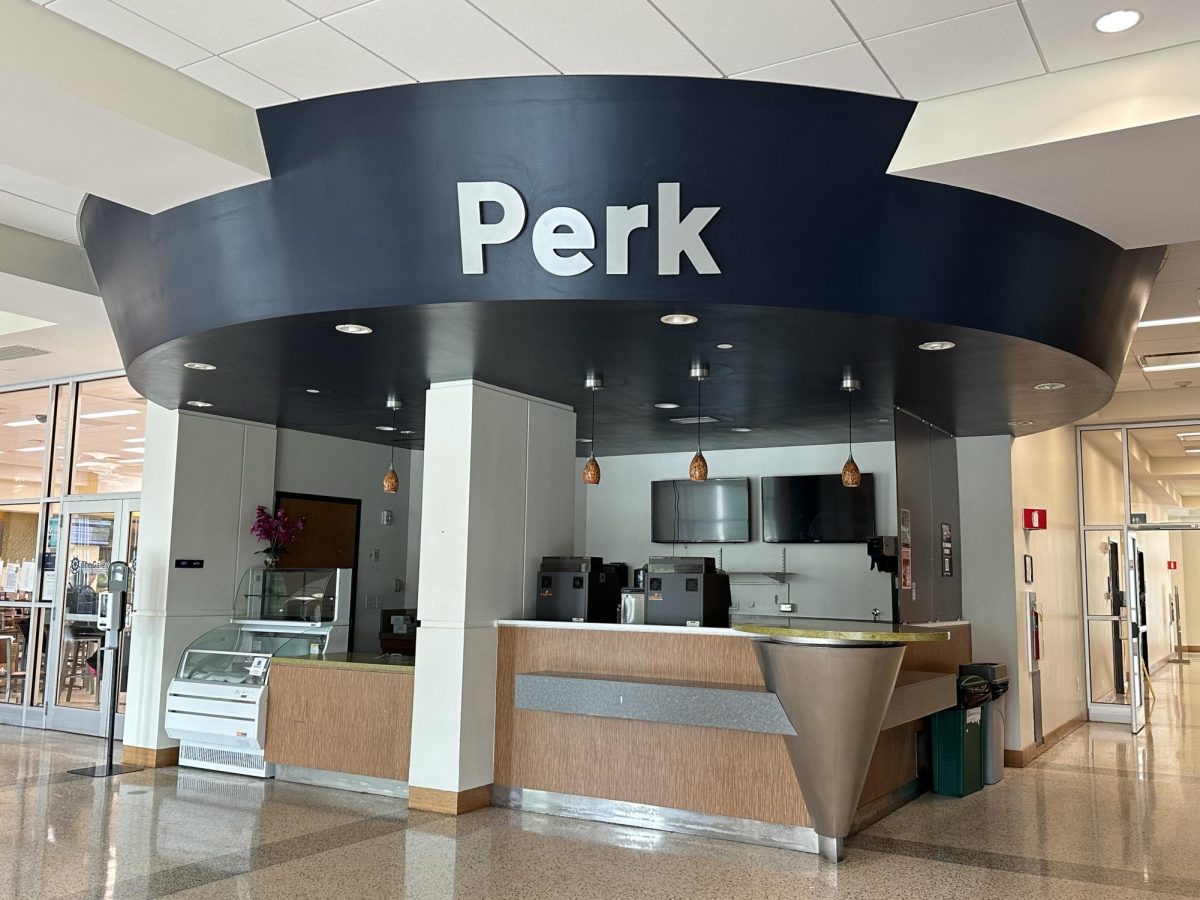By Ethan Smith, News Editor
es15173@georgiasouthern.edu
As the November 6th election nears, we here at The Inkwell will take a look at key issues for college students and report back to students what we find. Today we will be looking at both respective candidates, Stacy Abrams and Brian Kemp, plans for improving higher education within the State of Georgia.
Both candidates have made higher education a crucial component of their respective campaigns, with Abrams highlighting affordability and Kemp highlighting expansion and attainability.

Stacy Abrams has highlighted HOPE 2.0, a plan that entails restoring tuition-free diplomas and certificates with students who present a 2.0 or higher grade-point average.
She has also made it aware that she wants to create a plan for savings accounts for children at birth. This lays down a platform for this money to be used specifically towards higher education funds.
Abrams wants to also place five million dollars aside to help students who may not have money to take the SAT or ACT, making these funds available for all public schools in the state of Georgia.
Her plan is set around making college more reasonable and attainable to the lower and middle class of Georgia, insisting money be put aside early on in their lives for financial help in terms of higher education. This plan has been backed by many of her democratic cohorts, gaining traction with young voters as well.

Brian Kemp has stated that money will not fix Georgia’s education issues at all levels. He hopes to allow students, especially in higher education, reach their full potential and create a promising future for those to follow behind them.
Kemp has highlighted expanding school choice, allowing students to be able to attain their college aspirations with more options than may be currently at their disposal.
Kemp has continuously fought for equal education in all areas of Georgia, making it known that your zip code should not determine how attainable your quality education should be.
Kemp has pushed to make a solid-working relationship between higher educational institutions and local governments as well as military base leadership and small businesses.






